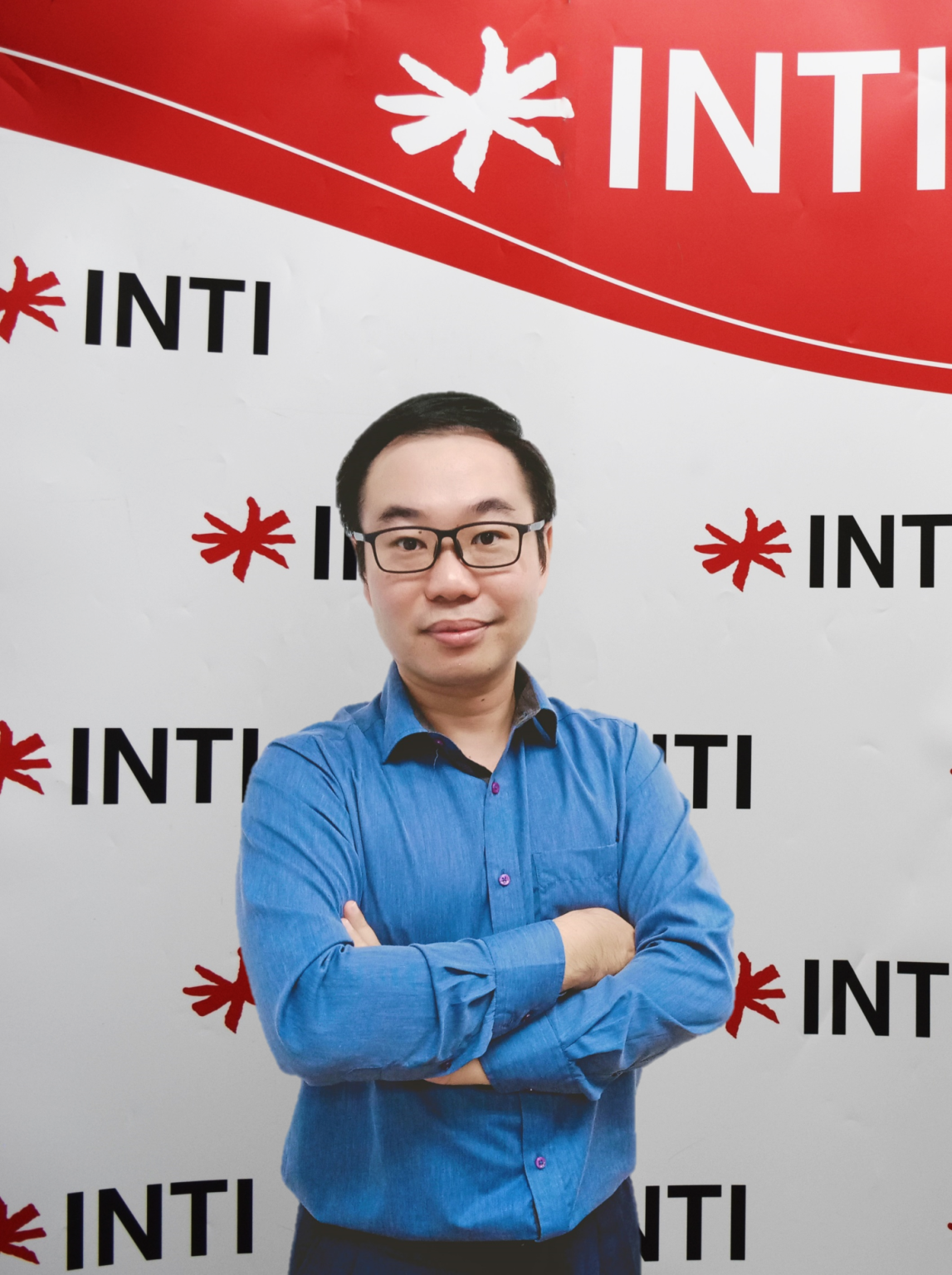Dealing with the worldwide diabetes epidemic is no small task, with approximately one in five adults aged 18 and above affected, as revealed by the 2019 National Health and Morbidity Survey. Malaysia, in particular, faces a dire situation, with nine states reporting diabetes rates exceeding the national average.
Diabetes is a major obstacle to wound healing, causing significant pain and suffering. Professor Dr Wong Ling Shing and a team of researchers from INTI International University in Malaysia and colleagues from India conducted research to investigate this issue. Their study revealed the crucial role of pro-inflammatory cytokine signalling molecules in wound healing in people with diabetes.
According to Prof Dr Wong, “Diabetes and its complications remain a global burden, causing a significant increase in mortality and morbidity each year, as highlighted in WHO’s health statistics. Even with the utmost care and disease-specific rational drug therapy, patients may still face enduring disabilities such as blindness, amputation, and renal failure.”
Their discoveries shed light on the role of pro-inflammatory cytokines, signalling molecules that constitute a group of substances essential to the wound healing process. Typically, when we sustain a cut, our body undergoes a sequence of steps to facilitate healing. However, in the context of diabetes, this process takes a detour, making it significantly more challenging for wounds to heal.
In the event of a cut or injury, the body follows a four-step process for healing. Firstly, the platelets intervene to halt the bleeding by forming a temporary seal. Subsequently, immune cells like neutrophils and macrophages enter the scene to cleanse the wound. In the next phase, the wound undergoes reconstruction with the assistance of growth factors and the formation of new blood vessels. Finally, after a few weeks, the wound transforms into a scar. This entire process is meticulously regulated by minute substances and cells within the body to ensure a seamless healing process.
Pro-inflammatory cytokines are pivotal players in wound closure and repair, but in diabetes, their dysregulation creates an unfavourable environment for healing, causing delays in the wound-healing processes.
Prof Dr Wong highlighted, “Complications of diabetes mellitus may become apparent after years of diagnosis, but the most critical and severe among them is impaired wound healing.” Chronic wounds, defined by a disrupted healing process lasting at least three months, become a significant burden for individuals with diabetes.
Diabetic wounds assume greater seriousness due to the alterations diabetes inflicts upon the blood vessels. These changes include thickening of vessel walls, reduced vessel size, and fluctuations in glucose levels. Consequently, these modifications lead to blood vessel constriction, diminishing blood flow, and exacerbating the wound.
During the initial stages of healing, the body typically calls upon various inflammatory cells like cytokines, neutrophils, and chemokines. However, in conditions such as diabetes, this process is markedly delayed.
Prof Dr Wong concluded, “Pro-inflammatory cytokines play a crucial role in initiating wound healing. Rather than superficially treating diabetic wounds conventionally, which paves the way for re-infections, target-specific pro-inflammatory cytokines-based therapies, either by upregulation or downregulation of them, can be helpful in the wound healing process. This can enhance the quality of life in patients, which is the goal of drug therapy.”

Professor Dr Wong Ling Shing from the Faculty of Health and Life Sciences at INTI International University and a team of researchers discovered that pro-inflammatory cytokines, or signalling molecules, contribute to diabetes wound healing.